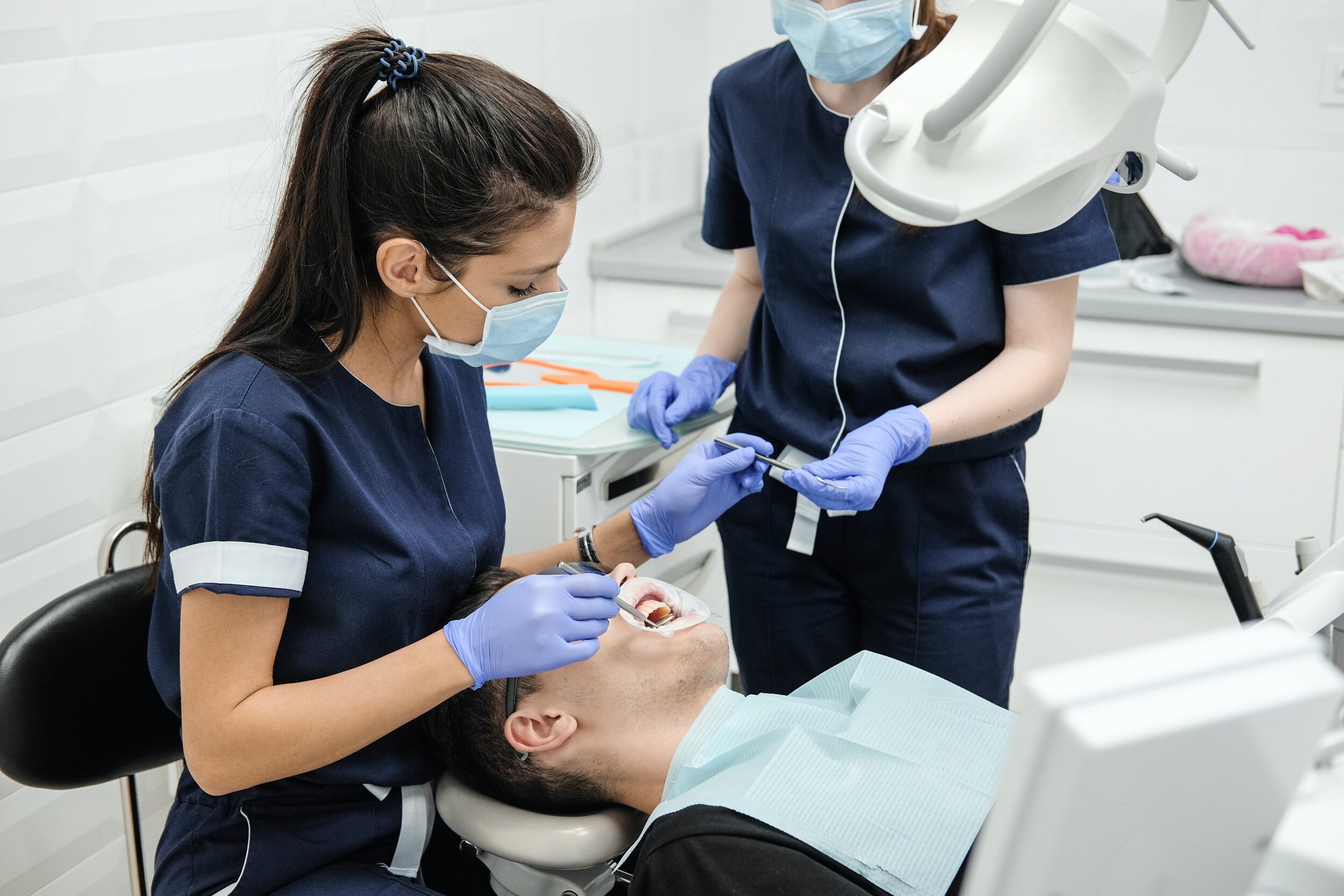Crooked teeth are considered as the first sign that makes parents consider braces for their children. Visible signs such as crowding or spacing makes the decision more confident.
But what if your child’s teeth look straight and still face hidden challenges?
It is seen that most of the parents in the U.S. are concerned for their child about bite issues, nighttime mouth breathing, or even speech issues, despite no misalignment in the mouth.
This uncertainty factor leads to a common question about considering braces. The truth is, braces play a vital role in your child’s dental health as it enhances bite alignment, jaw growth, and overall oral function, long before dental problems occur.
In today’s blog, we’ll explore how early orthodontic care supports your child’s development, and why choosing kids’ dental care early might be one of the best decisions.
The Contribution of Braces in Guiding Healthy Jaw Development of a Child
Braces are considered as an effective solution for visible tooth misalignment, but it's real contribution shapes a child’s jaw and bite development over time. In the early growth years, the jaw keeps forming, which makes it ideal for a considerate orthodontic guidance. When the issues are addressed early, problems like jaw asymmetry and mild overcrowding can be prevented with minimal efforts.
If we talk about the function, then braces help in aligning the upper and lower jaws and reduce the chances of chronic jaw discomfort or speech challenges. Even the Pediatric dentistry in McKinney and other U.S. regions highly recommend orthodontic evaluations to be done by the age of 7, to support the development of a healthy smile.
What Are the Challenges Parents Face When There’s No Clear Misalignment?
For many parents, a straight smile on their children’s face could create a false sense of security, leading them to believe that braces aren’t necessary. But there are some hidden problems that keep on growing if not addressed early. This is where the real challenge begins.
Here are the reasons:
No visible dental issues
Warning signs get neglected when there’s no crowding or overlapping of teeth.Delayed evaluations
If you wait for the evaluation till adolescence, it can make treatment more complex and time-consuming.Fear of unnecessary treatment
Many parents believe that going for dental evaluations early can cause se risks.Confusing advice
Considering opinions from others or consuming too much information from online platforms, can definitely affect decision-making.
Best advantages of Braces for Your Child’s Jaw and Bite Health
When your child’s teeth appear straight, their jaw positioning might be working hard to compensate for subtle misalignments. If you neglect these issues, it can lead to a stage when correction becomes more complex and expensive.
Let’s take a look at how Braces for kids do more than supporting smiles:
Aligns bite
It aligns the upper and lower teeth, while improving your child’s chewing and speaking functionality.Guides jaw growth
Reduces the risk of facial asymmetry by helping proper jaw development during growth years.Eases jaw pressure
Brace eases the tension in jaw muscles and joints to reduce the chances of TMJ(temporomandibular joint)-related pain.Prevents tooth wear
Ensures that there is even contact between teeth, which protects enamel from unnecessary damage.Supports clear speech
Braces align the oral structures necessary for proper pronunciation, which helps your children to speak more confidently.
What a Skilled Dental Team Can Reveal About Your Child’s Smile
Parents may think that their children’s teeth are perfectly healthy just by looking at their alignment. But a dental expert identifies how their teeth, jaw, and bite work together beneath the surface.
In the US, a pediatric dental team like Valley Creek Dental Care uses advanced tools and growth assessments to detect hidden issues at the very first stage. They focus on issues like, early crowding, speech, and hidden alignment concerns. In fact, 4 million people in the U.S. either need or already wear braces. That indicates the rising prevalence of this problem among people.
When it comes to seeking clarity or relief from common dental issues, choosing pediatric dentistry is one way to prevent those issues from escalating into something more significant.
Wrapping Up
Braces don’t just correct crooked teeth, but they also support other aspects including, healthy jaw growth, bite alignment, and long-term oral wellness. Even if your child’s smile looks perfect, an expert checkup can reveal early signs worth addressing.
At Valley Creek Dental Care, we offer personalized pediatric evaluations that focus on both visible and hidden dental problems. Our experienced team is here to guide you with expert care and honest advice, so you can make confident decisions for your child’s smile.
Schedule your child’s consultation today at Valley Creek Dental Care!








